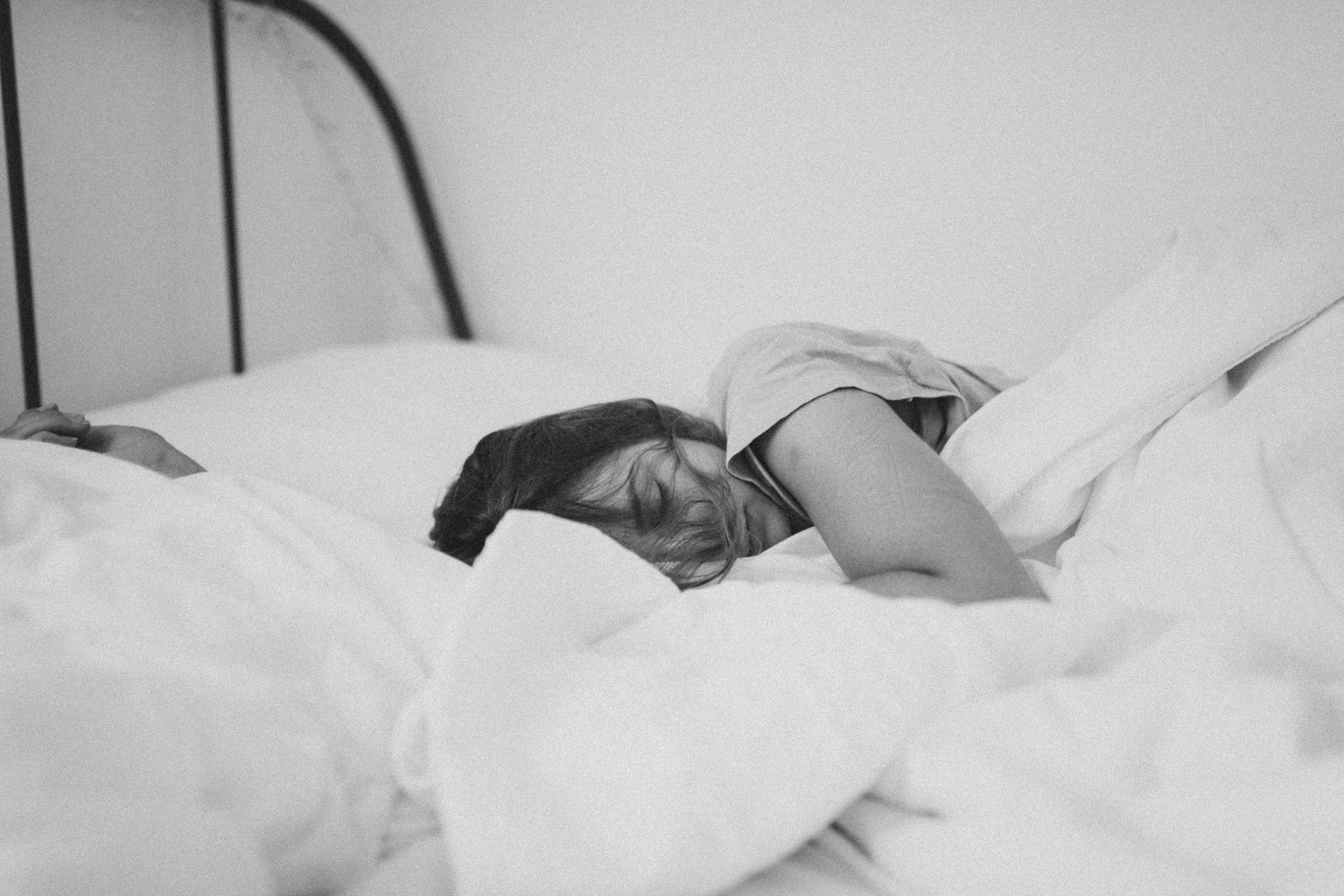College can be unpredictable, but a solid sleep schedule may be the missing link to finding a proper routine to boost your productivity. I’ve had sleeping problems since I was in elementary school. I’ve tried melatonin and herbal remedies, but only recently have I felt like I gained the upper hand in my constant wrestling match with sleep. I attempted the UCSB Sleep Challenge, and I gained insight not only regarding the many benefits of sleep, but also about what sleep schedule works best for me. Here are some things I have learned so far:
Health Benefits
Sleep is one of the most important factors of memory, affecting how your memory forms, solidifies, and is utilized. According to UCSB’s Health and Wellness, researchers found two specific sleep stages that are imperative to consolidating memory.
The first is known as declarative memory, or knowing certain content such as facts and events. The other is procedural memory, which is knowing how to do things, such as subconsciously remembering how to ride bikes after we’ve been taught.
The ways the mind processes and transcribes memories are complex, but the mind’s ability to adapt and grow is based on brain plasticity, which is directly linked to sleep. As students, there are a few reasons why sleep is so crucial. Sleep directly affects our academics through its role in memory formation; our brains need sleep to arrange all of our learning into accessible memory files.
Bedtime Routines
Apart from its significance to personal health, sleep can also be enjoyable. One of my favorite parts of the day is initiating my nighttime routine. Nightly rituals are one way to take care of the mind and body after a long, taxing day.
Personally, I start my nightly ritual off by showering (I’m a night-showerer through and through!). I cannot bear slipping into my sheets with the residue of the day lingering on me. Activities like taking a shower or a bath seem like regular upkeep practices, but they are also deeply important to how I wind down each night. Since it’s been in my routine for so long, it’s become a way that I signal to my brain and body that it’s time to stop working and start relaxing.
Following my shower, I like to do skincare. While that soaks in, I write in my journal. I avoid any deep writing to prevent my brain from possibly stirring up any stressful or unpleasant feelings before bedtime. Instead, I journal very simply, writing little notes of what I did throughout the day. Something I’ve found useful is getting everything I need for the following day in order. This can be anything from making sure my laptop is charged, to picking out an outfit or planning my meals. This helps ease my stress and makes me feel prepared to tackle the upcoming day.
Although I’ve tried meditation, stretching, and herbal teas, my body needs a melatonin dose, otherwise my brain won’t shut off for a few hours after laying down. That being said, I think my greatest friend in handling my sleep issues has been finding the right sleep schedule.
Sleep Schedule
A sleep schedule is when you remain consistent with the time you go to bed and wake up each morning. Our bodies naturally start producing melatonin to prepare the body for sleep when the sun goes down. However, nighttime doesn’t necessarily equal sleep. Exposure to unnatural lights can halt or slow our natural melatonin production. Because of this, our bodies need an alternative structure to recognize when it’s time to hit the lights and knock out.
As I mentioned above, having a bedtime routine is my way of letting my body and mind know that I’m going to sleep within the next hour. I’m extremely envious of people who can fall asleep whenever they want, but I need to coddle myself a bit more to ensure I don’t lie awake in bed for hours before actually falling asleep.
It took about one to two weeks for my body to adjust, but now I grow naturally tired between 9:00 P.M. and 10:00 P.M., which means I’m typically in bed around 10:00 P.M. This provides me with time to get fully comfortable and settle my mind before shutting down my phone, or other distractions, and attempting to sleep around 10:30 P.M. or 11:00 P.M.
I’m an old lady to my core when it comes to sleep! I enjoy “knocking out” early because my body’s internal clock wakes me up between 7:00 A.M. to 8:00 A.M. no matter what time I end up falling asleep. I developed this routine from recognizing and listening to my body’s personal preferences.
To Each Their Own
When it comes to sleep and how we approach it, the experience is pretty subjective. Nevertheless, we are all human and benefit from being well rested, not only for memory, but also because sleep is an essential part of our health.
Consistently getting enough sleep will lower your risk for diabetes, and heart disease while also improving your immune system. No matter what time you sleep, or what type of routine works for you, we can all benefit from a good, deep snooze.



